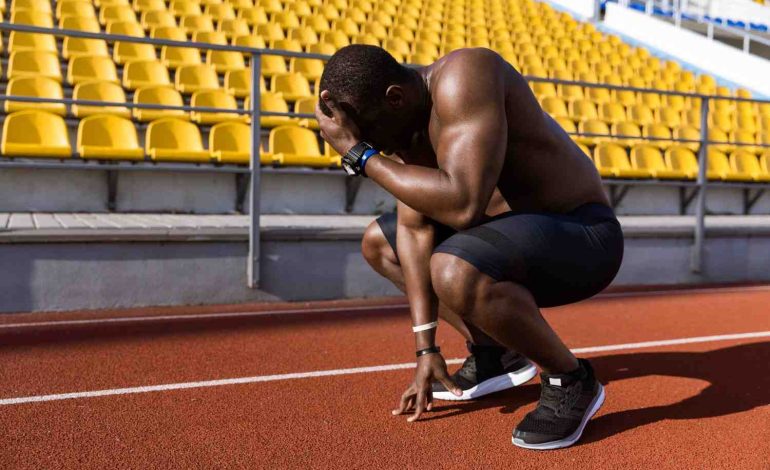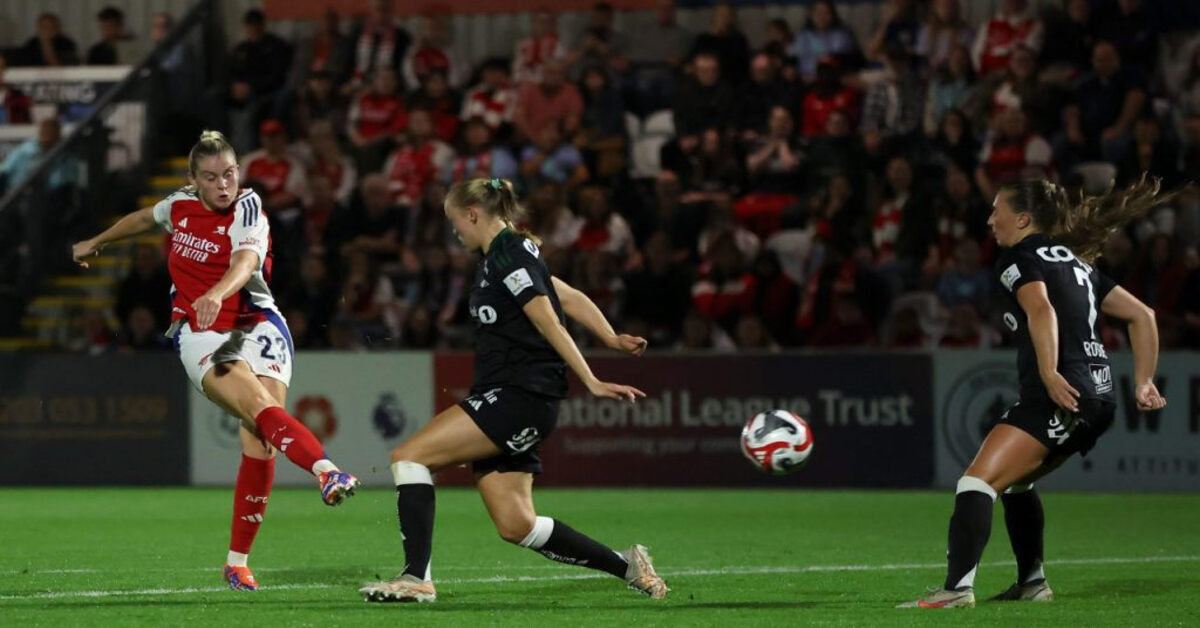
The Impact of Mental Health on Athlete Performance: The Hidden Game-Changer
The Impact of Mental Health on Athlete Performance is more than what most people think. There is no mental health as a background factor, but rather it is a force that is the basis of how athletes train, compete, recover and maintain success throughout the course of their careers. From elite professionals to weekend runners, the stability of emotions and cognitive state influences reaction times, motivation, decision-making, and even physical recovery.
In this guide, we will discuss the role of the mind in determining performance, typical mental health issues in sports, and practical measures that can be taken to ensure that athletes remain strong, physically and mentally.
Why Mental Health Matters for Athletes
The first step in grasping the implications of mental health on an athlete’s performance is to understand the role of psychological support in key performance domains.
1. Cognitive Sharpness
Stress, anxiety, or depression may reduce concentration, reaction speed, and working memory, which can impair split-second judgments in a race. The ability to foresee plays, interpret cues and respond effectively is the result of having a clear, balanced mind that allows an athlete to react efficiently.
2. Emotional Regulation
This is most commonly observed in athletes who struggle to manage their emotions. Stress and frustration control will ensure the reactions are kept at check even when the pressure is extreme.
3. Motivation and Effort
Mood low or burnout reduces motivation and perseverance. Mental balance can be maintained to facilitate structured training and performance objectives over a prolonged period.
Here, in particular, the Effect of Mental Health on Athlete Performance is particularly vividly shown, as a motivated athlete with balanced emotions will train more intelligently and play with greater concentration.
How Mental States Affect Physical and Cognitive Performance
It is not just physical performance. Mental Health also affects the performance of athletes in such aspects as focus, coordination, and resilience.
1. Concentration and Decision-Making
Anxiety under pressure may cause narrowing of the attention, resulting in tunnel vision and distortion of cues. Stress will make one alert and focused when taken in control, but excessive worry will result in poor judgment and indecision.
2. Motor Control and Co-ordination
Neuromuscular control is disturbed by negative emotions and stress. In sports like gymnastics or tennis, which require high precision and accuracy, even a slight lapse in timing due to stress can lead to an error.
3. Consistency and Resilience
Anxiety or depression in athletes who have not been treated leads to erratic performance in athletics. Mental resilience can be developed to remain stable during competitions and training periods.
Common Mental Health Challenges in Sports
The understanding of the Effect of Mental Health on athlete performance also provides insight into the psychological issues that athletes often face.
1. Performance Anxiety
Avoidance, panic, and lack of focus, either prior to or during competition, can be caused by a fear of failure or disappointing others.
2. Burnout and Overtraining
Prolonged physical stress coupled with emotional exhaustion leads to burnout. Among the symptoms, one can single out loss of motivation, sleep problems, and poor performance.
3. Depression and Low Mood
Athletes tend to undermine signs of depression because of stigma. Depression may drain vitality, negate focus and make even the simplest training exhausting.
4. Body Image and Eating Disorders
Sports that emphasise weight or beauty might lead to disordered eating. Low energy supply affects strength, cognition, and endurance, which are crucial elements of athletic success.
5. Substance Misuse
Other athletes resort to drugs or alcohol in order to deal with stress. This compromises sleep, reaction times and general well-being, negatively contributing to the adverse Effect of Mental Health on Athlete Performance.
Practical Strategies to Strengthen Mental and Physical Health
1. Normalise Mental Health Support
Mental health care should be addressed like athletic training, and not a crisis reaction. Make sports psychologists, counselling, and candid talks available. Empathy as a leadership trait will reduce stigma and increase performance when applied by coaches.
Such practices are directly effective in Integrating Mental Health into Athlete Performance by making such environments safer and more supportive.
2. Build Psychological Skills
- Goal Setting: Focus on process goals to stay grounded.
- Mindfulness: Improve awareness and reduce reactivity under pressure.
- Visualisation: Practice positive performance habits.
- Arousal Control: Breathing, relaxation to control stress levels.
3. Make Sleep and Recovery a Priority
Sleep plays a crucial role in mental stability as well as physical regeneration. To cope with fatigue and stress, athletes need to have regular bedtimes, screen time limits, and rest days.
4. Avoid Burnout and Overload
Physical and psychological load can be monitored to avoid breakdowns. Monitor the volume of training, heart rate variability, and moods. Promote athletes to report fatigue in early stages – the intervention in advance reduces the effect of Mental Health on Athlete Performance and ensures sustainable development.
5. Create Nurturing Team Cultures
The sportspersons succeed within good environments, where they understand. Resilience Coaches need to be exemplary and invite the team to talk about stress, failure, and resilience. Peer support is vital in boosting morale.
6. Combine Medical Monitoring and Nutrition
The brain, just as the body, is fed with a balanced diet. Lack of energy may lead to mood swings and lack of concentration. Periodic eating disorders and RED-S screenings are beneficial for both performance and overall well-being.
7. Develop Pre-Competition Routines
Basic rituals, such as breathing, visualisation, or cue words, can relax the mind prior to significant events. Regularity decreases anxiety and fosters a sense of being in control. The performance fluctuation among athletes is lower in those who can control mental arousal.
When to Seek Professional Help
There are cases when the Effects of Mental Health on Athlete Performance are the signs of more serious problems that require professional assistance.
Athletes and/or you should seek assistance in case you or an athlete experience:
- Constant depression or lack of interest.
- Anxiety or panic attacks that cannot be managed.
- Substance misuse
- Sleep disruptions
- Thought of suicide or self-harm.
Both performance deterioration and long-term damage can be avoided through early intervention.
Final Thoughts
The Impact of Mental Health on Athlete Performance is inarguable. Understanding the outdoor recreation mental health benefits can provide additional insights into holistic wellness. Psychological health defines concentration, inspiration, strength, and resilience, which are the cornerstones of sports performance.
Those athletes who train their minds as genuinely as their bodies train are more sustainable, resilient, and balanced. Coaches, sports organisations, and peers play a significant role in establishing a culture where mental health is not a weakness but a strength.
Mind investment will ensure that performance, confidence, and fulfilment all develop in tandem, resulting in the creation of athletes who perform optimally, both on and off the field.





